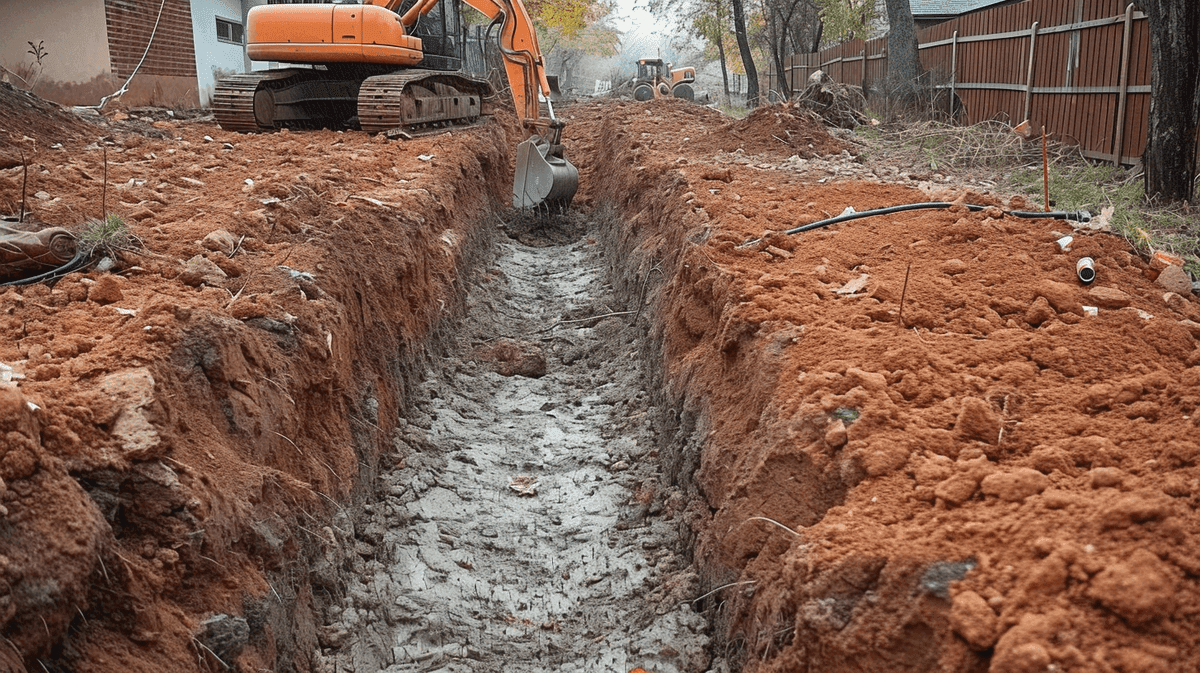Pittsburgh is known for its bridges and hills—but nestled among the rivers and steep grades lies a lesser-known architectural marvel: its retaining walls. From the urban infrastructure that supports city roads to historically significant masonry work, the famous retaining walls in Pittsburgh are more than functional—they’re defining features of the city’s landscape and engineering heritage.
Whether you’re exploring the rugged slopes of Mount Washington or the carefully terraced spaces of historic neighborhoods, these retaining wall attractions reveal a layered history of innovation and design. They also speak to the challenges and solutions of managing erosion in Pittsburgh and supporting real estate development on steep terrains.
1. The Bigelow Boulevard Wall
One of the most famous retaining walls in Pittsburgh runs along Bigelow Boulevard. Built in the early 20th century, this massive stone structure supports the hillside between the Strip District and Bloomfield. Designed as part of the city’s effort to improve transportation infrastructure, it showcases early retaining wall innovations and materials still holding up over a century later.
Its craftsmanship features classic masonry—a technique common before modern materials became widely used. For Pittsburgh retaining wall contractors, it remains a benchmark of durability and design excellence, inspiring modern retaining wall types seen throughout the region.
2. Mount Washington Overlook Retaining Walls
The retaining walls supporting the scenic Mount Washington overlooks are some of the most photographed retaining wall attractions in the city. These walls do more than prevent erosion—they frame one of the most iconic views in the U.S.
Made of concrete and block with integrated drainage solutions, they are an example of modern retaining wall design that balances function and aesthetics. These retaining walls for winter and heavy rainfall are carefully engineered to handle Pittsburgh’s seasonal shifts. Visitors may never think twice about the structure holding up the viewpoint—but for Pittsburgh retaining wall builders, it’s a testament to smart, weather-resistant design.
3. Duquesne Incline Retaining Walls
The steep slopes along the Duquesne Incline are held back by a series of tiered retaining walls that serve as a safety backbone for this historical funicular. Built into the hillside, these structures allow thousands of visitors to safely ride up and down every year.
The incline retaining walls are a blend of traditional stone and reinforced concrete—highlighting different retaining wall material types used over decades of upgrades. They are not only a feature of Pittsburgh retaining wall history but an essential part of the incline’s safe operation.
4. South Side Slopes Terracing
In the South Side Slopes neighborhood, you’ll find one of the most creative uses of retaining walls in Pittsburgh. With narrow streets and staircases replacing roads, the homes here rely on a patchwork of private and city-built retaining walls.
These community retaining walls in Pittsburgh are built from a mix of block, timber, and even eco-friendly retaining wall materials. Many homeowners have embraced landscaping ideas to blend retaining wall maintenance with gardens, murals, and outdoor wall materials that reflect Pittsburgh’s artistic identity.
If you’re choosing the right retaining wall for a sloped backyard, this neighborhood offers dozens of examples—from practical to inspired. Pittsburgh retaining wall installers often reference the Slopes when discussing design trends for retaining walls with clients.
5. The Greenfield Wall (Interstate 376)
Driving along I-376 through the Greenfield area, you’ll pass another iconic structure: a massive concrete retaining wall supporting the hillside above. With graffiti now part of its visual identity, this wall is both functional infrastructure and an evolving art space.
Modern retaining walls like this are built with advanced drainage solutions to handle water damage in Pittsburgh’s storm-prone climate. These retaining walls for rain are essential in areas where flash floods and soil erosion are frequent. For retaining wall contractors in Pittsburgh, it’s a reminder of how form and function intersect—sometimes unexpectedly.
Pittsburgh’s Unique Retaining Wall Landscape
The city’s terrain has made retaining wall construction a necessity—not just a luxury. And with different retaining walls serving residential, commercial, and public infrastructure needs, Pittsburgh retaining wall contractors must be experts in design, materials, and compliance.
That includes understanding permits for retaining walls Pittsburgh property owners often need before building. Regulations for retaining walls in Pittsburgh can vary depending on slope grade, wall height, and proximity to other structures. It’s one reason why working with licensed retaining wall builders in Pittsburgh ensures your project meets all Pittsburgh retaining wall rules from the start.
From Pittsburgh retaining wall design trends to eco-friendly innovations, retaining walls here are evolving. But even as materials and styles shift, the lessons from these famous retaining walls continue to influence what gets built today.
Final Thoughts
Whether you’re admiring a historic stone wall or a sleek, modern structure overlooking the Monongahela, Pittsburgh’s retaining wall attractions reflect the city’s ability to rise to geographic challenges. These walls don’t just hold back earth—they support roadways, homes, and entire communities.
For homeowners, businesses, and developers seeking guidance, choosing the right retaining wall contractor is essential. Experienced Pittsburgh retaining wall contractors understand the balance between structure and aesthetics, compliance and creativity, and can help you find inspiration—possibly from one of these famous retaining walls in Pittsburgh.







